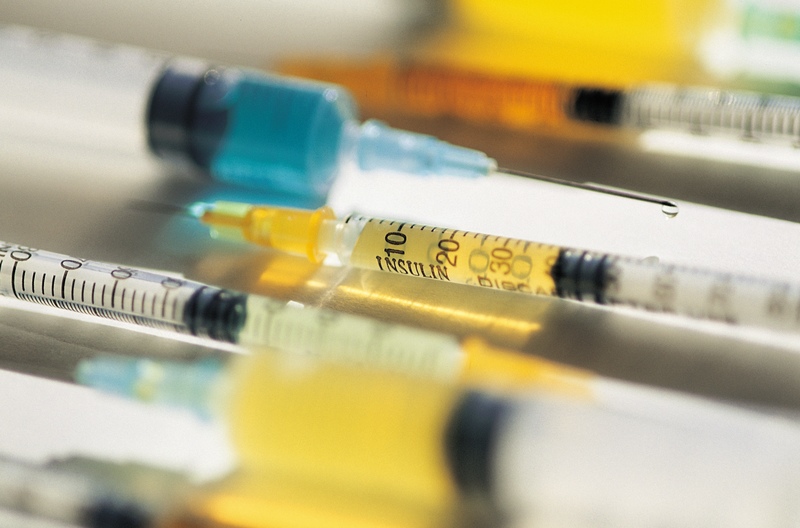
Here are some of the latest health and medical news developments, compiled by the editors of HealthDay:
Minnesota Boy Contracts Rare Swine Flu Strain
An extremely rare strain of swine flu has been reported in Minnesota infant who is only the second person ever to contract the H1N2 strain.
The boy was diagnosed in October and has since recovered, CBS News reported. There haven’t been any other cases, according to health officials.
The flu shot does not protect against H1N2, which is common in pigs in the Upper Midwest, according to CBS local affiliate WCCO.
Neither the boy or his family had direct contact with swine and it appears his case is an unusual mutation of the H1N2 virus.
—–
U.S. Had Record-Low Marriage Rate in 2010
A record-low 51 percent of adults aged 18 and older in the United States were married in 2010, compared with 72 percent in 1960, according to a Pew Research Center analysis of U.S. Census data.
The most dramatic decline in marriage has occurred among adults ages 18 to 29. Just 20 percent of them were married last year, compared with 59 percent in 1960.
The median age at first marriage is also at its highest — 26.5 years for women and 28.7 years for men — and over the past 50 years has risen by about six years for both women and men.
The decline in marriage has been accompanied by an increase in cohabitation, single-person households and single parenthood. If current trends continue, the percentage of U.S. adults who are currently married will fall below half within a few years, the researchers said.
They also found that the number of new marriages in the U.S. fell by 5 percent between 2009 and 2010.
—–
More Young U.S. Adults Have Health Insurance: Obama Administration
The number of young American adults with health insurance has risen by nearly 2.5 million since the new health care law took effect, according to a White House analysis to be released Wednesday.
That growth in the number of adults ages 19-25 with coverage is much larger than the 1-million increase indicated by previous government and private estimates released earlier this year, the Associated Press reported.
Obama administration officials say they now have more data and are being more precise about their numbers.
Under the new health care law, children can remain on their parents’ health insurance plans until they turn 26. Many families are taking advantage of that as young adults try to find work in a struggling economy, the AP reported.
Analysts in the policy office of the Department of Health and Human Services examined unpublished quarterly statistics from the federal government’s ongoing National Health Interview Survey.
They found that nearly 36 percent of adults ages 19-25 (more than 10.5 million people) were uninsured in the third calendar quarter of 2010, before the provision allowing young adults to remain on their parent’s health insurance took effect.
That rate dropped to just over 27 percent (about 8 million people) by the second calendar quarter of 2011, the AP reported.
Obama administration officials say that nearly 2.5-million increase in the number of young adults with insurance can only be due to the health care law, because there was a slight decrease in the number of young adults covered by public programs such as Medicaid.
“The increase in coverage among 19- to 25-year-olds can be directly attributed to the Affordable Care Act’s new dependent coverage provision,” said a Health and Human Services Department draft report obtained by the AP. “Initial gains from this policy have continued to grow as … students graduate from high school and college.”
The report was scheduled to be released Wednesday by HHS Secretary Kathleen Sebelius.
There are about 30 million Americans ages 19-25. Among those ages 26-35, the uninsured rate increased between September 2010 to June 2011, the AP reported.
—–
Medicare Won’t Pay Prescription Drug Bills Believed to be Fraudulent
If there’s evidence of fraud, Medicare will not pay prescription drug bills, Vice President Joe Biden said Tuesday.
He said the new policy will eliminate the need for Medicare to try to recover money after it has been paid out. The move was welcomed by experts, USA Today reported.
Instead of waiting until after a claim is paid, Medicare can now stop payment when fraud is first detected in the Part D prescription drug program.
In 2011, the Justice Department recovered $2.9 billion from health care fraud, USA Today reported.
——

